ICAS careers and salary survey

ICAS recently gauged the views of CAs on their careers. How is reality matching up to expectation? What are their personal goals and what do they consider to be professional priorities in the post-pandemic working world? Ryan Herman sifts the results.
In January more than 1,500 CAs took part in a career development survey produced by ICAS, with analysis from Rutherford Cross, to gather insights and understanding about their work prospects and priorities.
Some key areas of focus
- Their level of satisfaction with their career progression
- Which topics affecting CAs they consider most important
- Their personal priorities for development (both in technical and soft skills)
- Their level of contentment with their work-life balance
- Which employee benefits they receive and how important they consider them to be
When it comes to company priorities, policies such as environmental, social and governance (ESG), and equality, diversity and inclusion are considered important but not very important, and certainly less significant than employer values.
Looking to the near future, three-quarters of ICAS members see technology as an opportunity, with subjects such as cyber and AI topping the list of skills CAs would like to develop further.
Key findings
- 56% of CAs are satisfied with their career to date, with a further 32% very satisfied
- A good work-life balance is the top goal
- Just 15% are based full-time in the office, although 53% believe more office time could be good for career development
Overall the picture is one of optimism. You would struggle to find many professions in which 88% of people say their careers are turning out as they hoped. There is little doubt, however, that the pandemic has prompted many of us to rethink our work-life balance – and that is borne out in the results of this survey (see right).
We may also be seeing a generational divide in attitudes to work. Putting in long hours has always been part and parcel of the profession. But anecdotal evidence points to the emergence of different attitudes among younger CAs, for whom a good work-life balance isn’t a nice-to-have, it’s an essential.
Whether that continues when these newer CAs are promoted into senior roles with more responsibility – or indeed with generations of CAs to come whose early work life wasn’t spent under the cloud of the pandemic – will be a question for future surveys to examine.
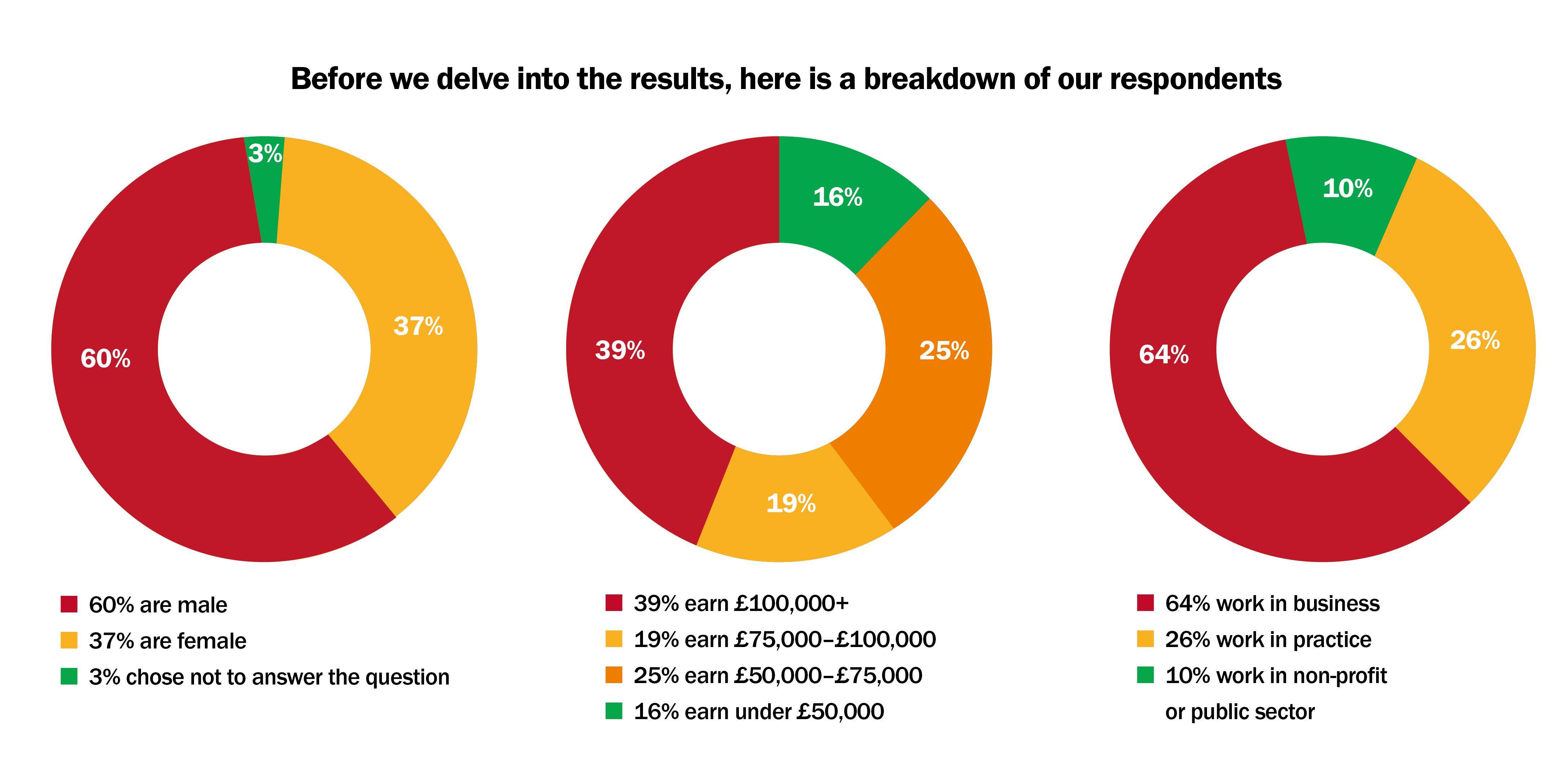
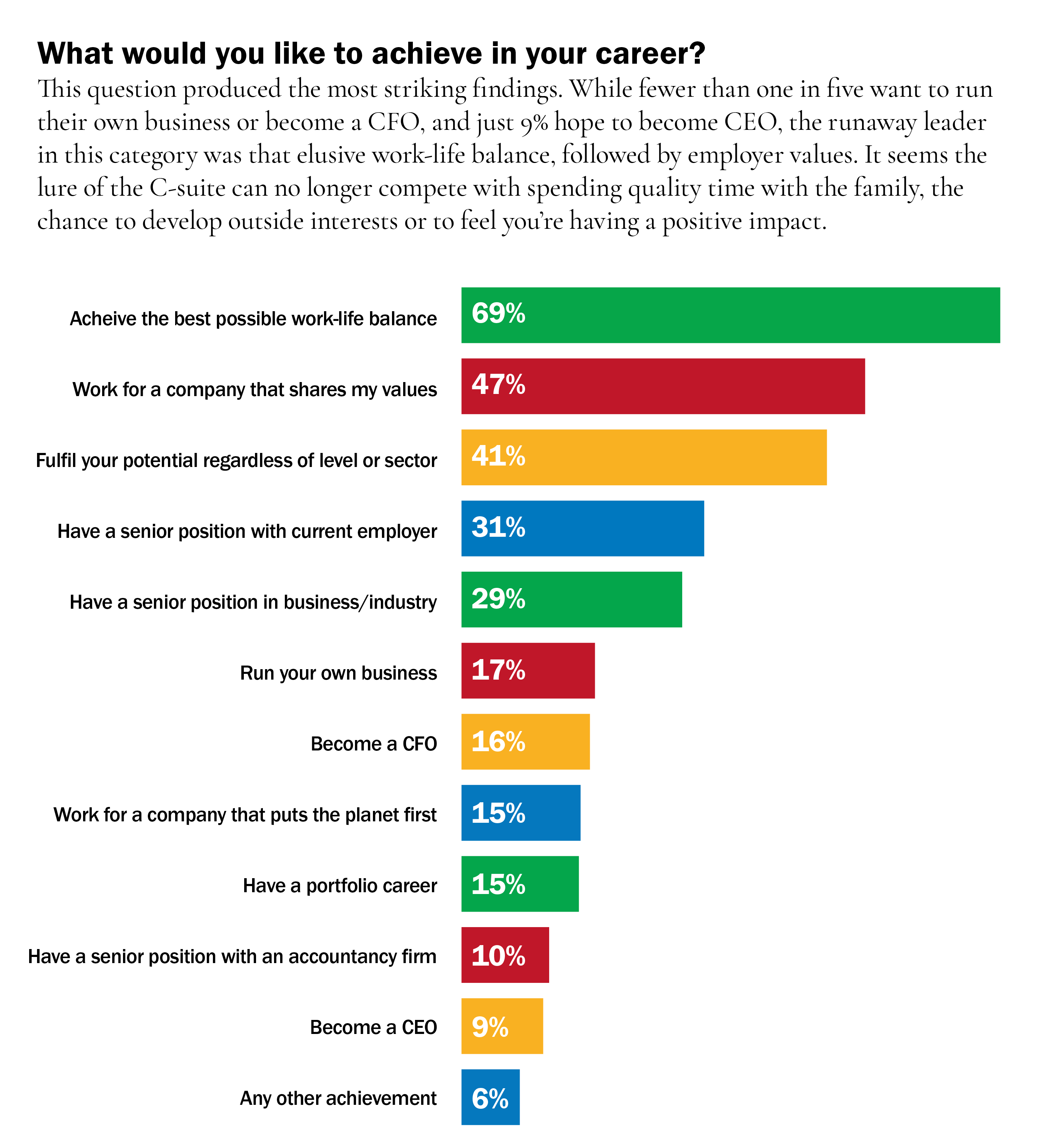
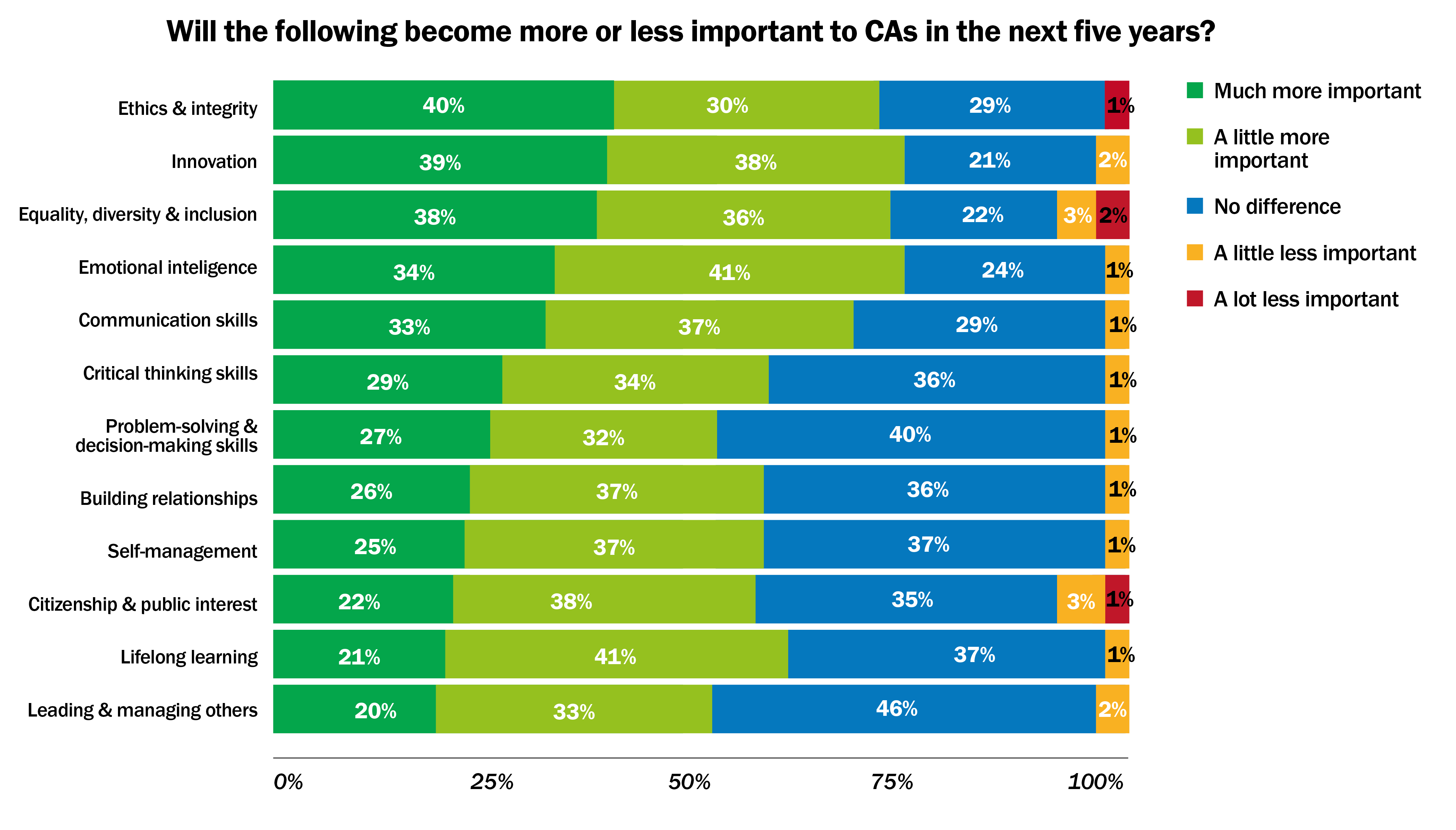
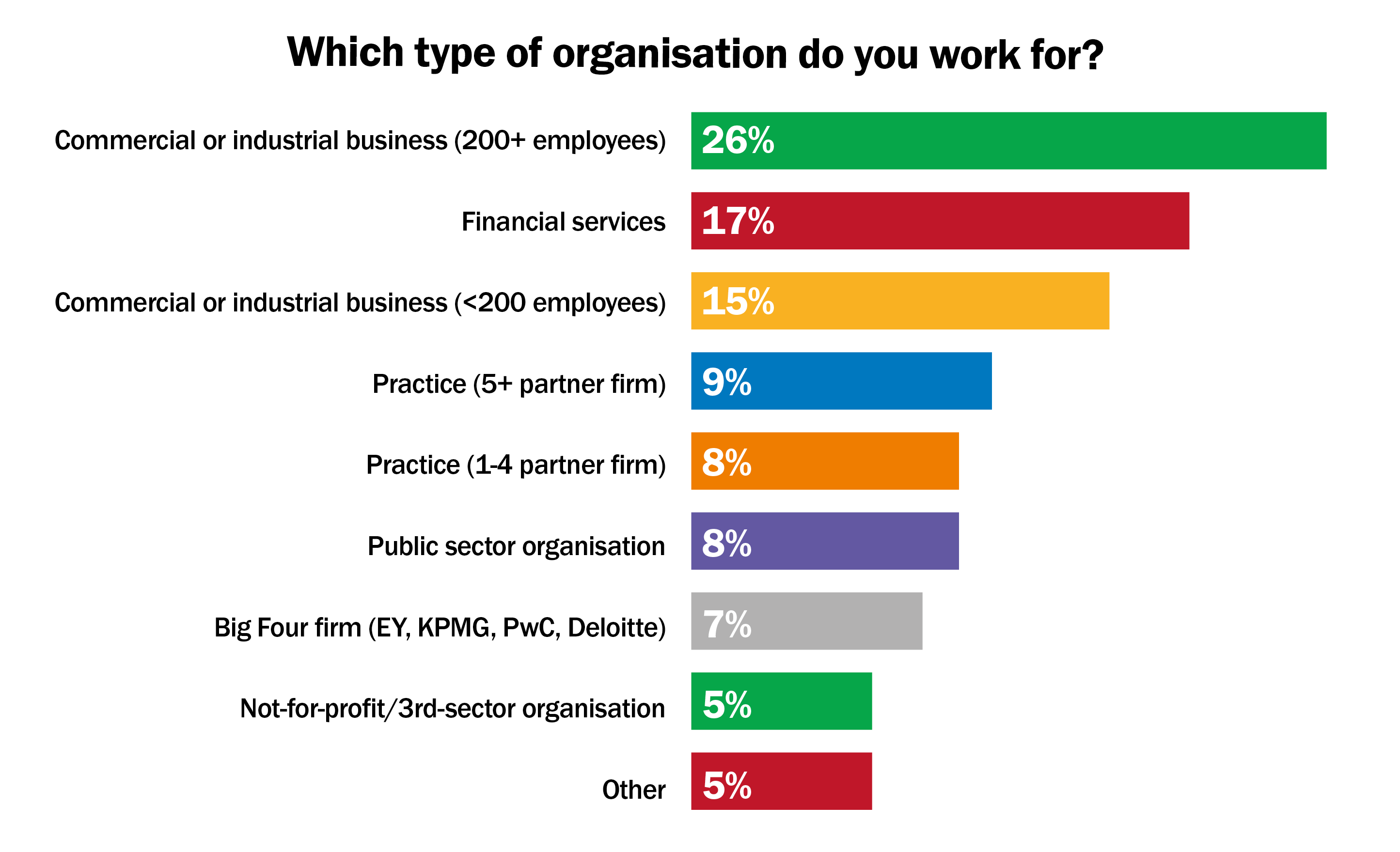
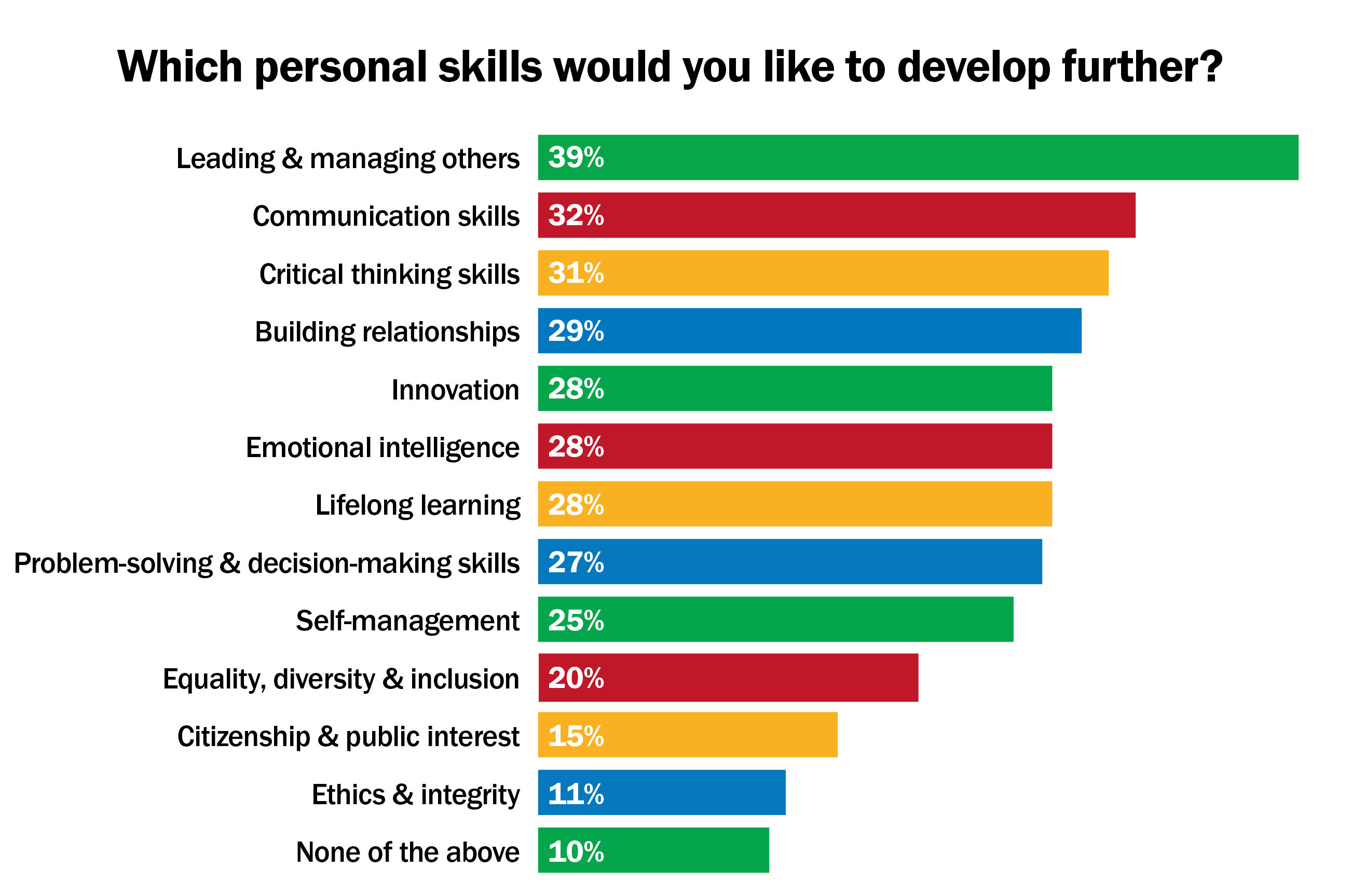 | 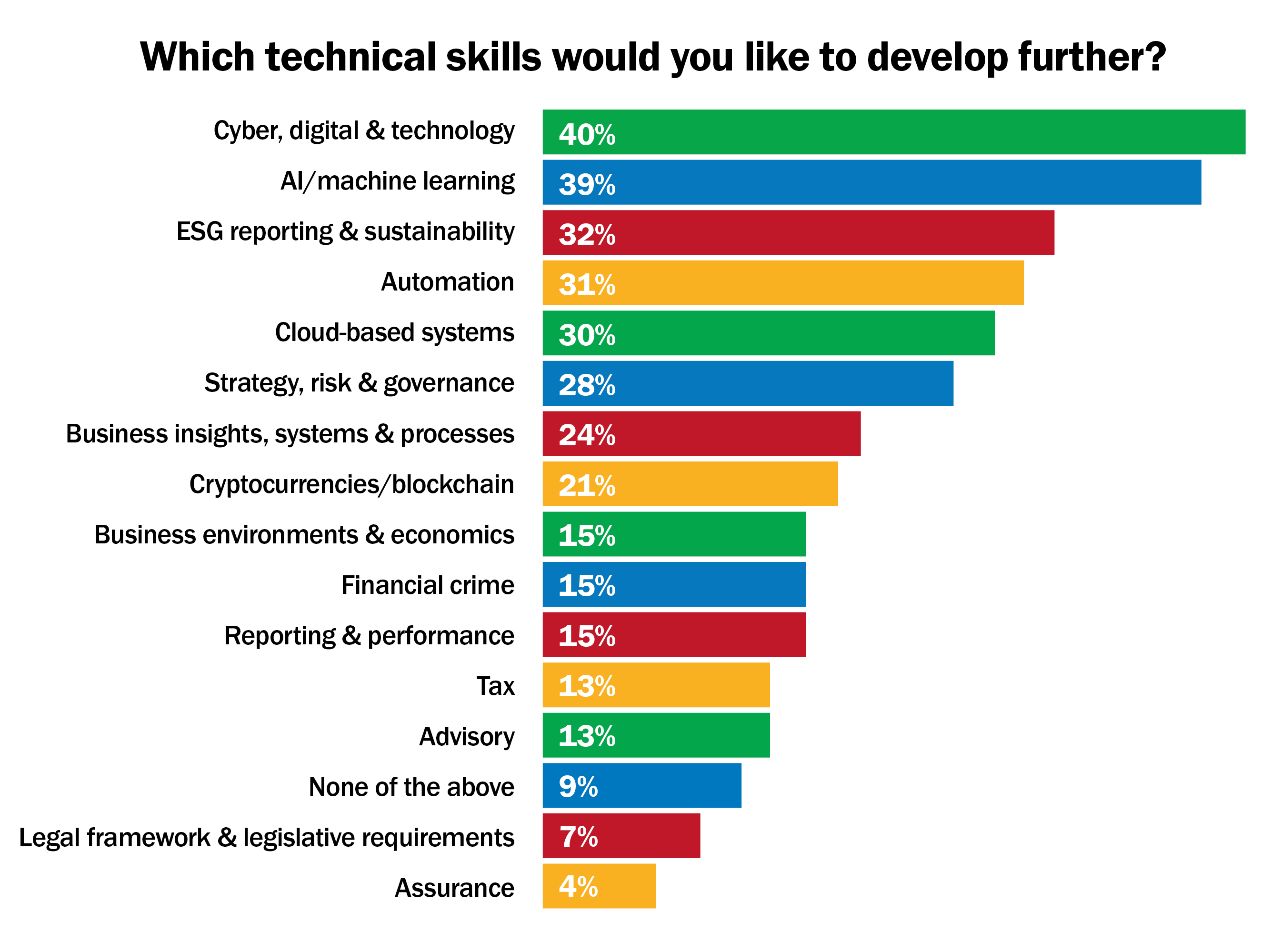 |
|---|
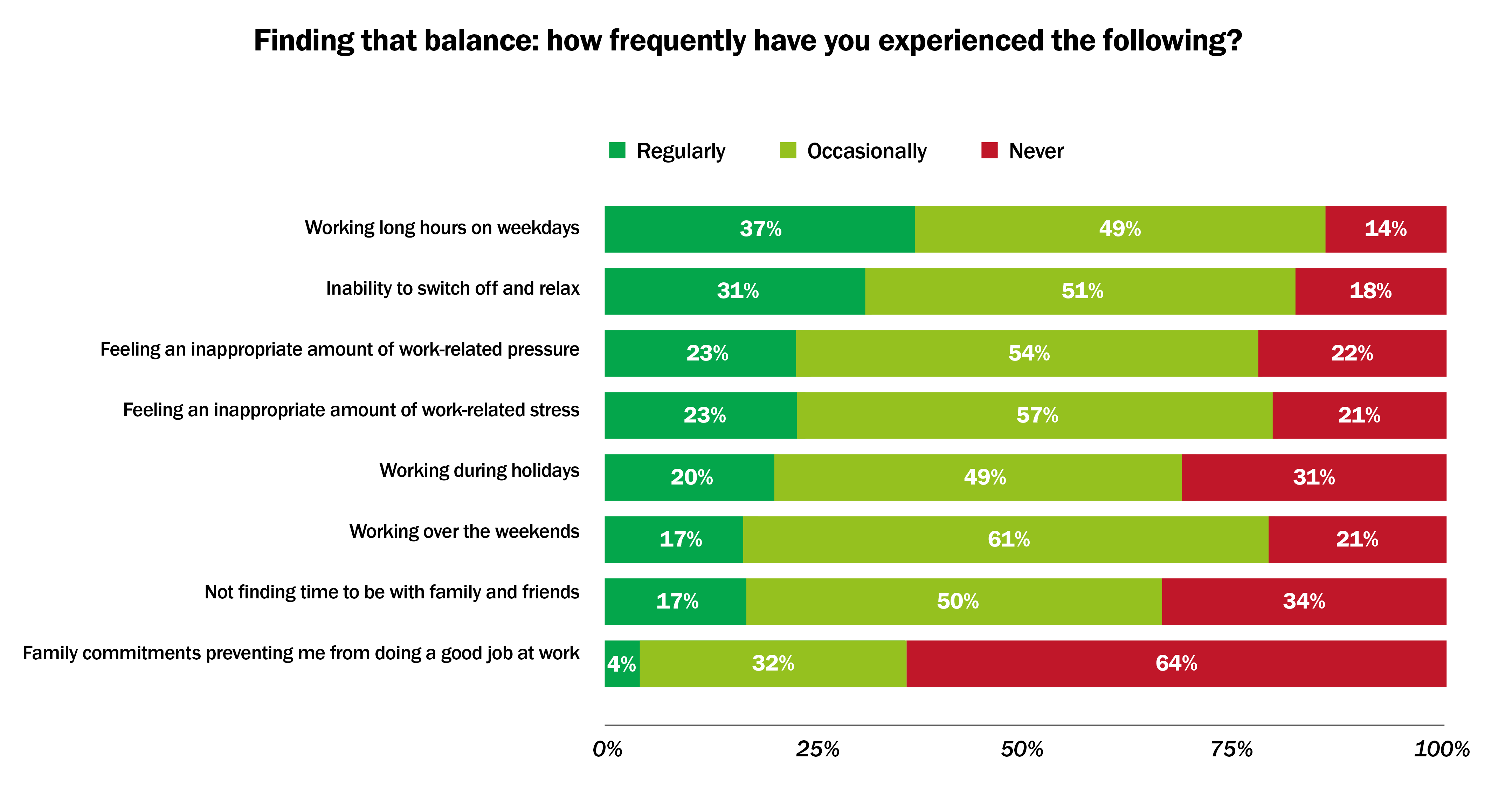
What could change to improve your work-life balance?
With work-life balance scoring a huge 69% on the priority list, here are some (anonymised) suggestions from CAs as to how theirs could be enhanced.
“Greater acceptance of flexible hours, option to reduce to part-time. General change in culture”
FEMALE, 35–44, RUK
“Relentless pressure on costs industry-wide is the issue. Only promotes short-term gains but destroys long-term growth”
MALE, 35–44, LONDON
“I have a high income now, but the expectation is that I get the job done, and sometimes that means long hours. On the plus side, I work in [redacted], so the expectations are a little better than the UK. For example, every business shuts down in July, so there are no projects and very few emails to handle. I guess if I really cared about the work-life balance or had a life event, I could simply choose a lower paying job with set hours and put aside the career”
MALE, 35–44, OVERSEAS
“I think I just need a shift in my mindset and behaviours. With the transition to hybrid, flexible working I think that, as a senior manager, I am putting my team’s and the organisation’s needs before my own and as a result feel like I am always ‘on duty’…”
FEMALE, 45–54, SCOTLAND EAST
“Improve internal systems and processes or hire more staff, but difficult to justify the cost in the current environment”
MALE, 55–64, SCOTLAND EAST
“The issue is created because of an attitude change in the next generation coming through, unwilling to do anything beyond contracted hours. I worry about the future global economy – where will the next generation of leaders come from?”
FEMALE, 35–44, SCOTLAND EAST
“Recognition that part-time hours and pay should be matched with a part-time workload. I accept part-time pay because I don’t have the time to work full time, yet my workload cannot be completed within the available working hours”
FEMALE, 45–54, LONDON
“Fewer ad hoc, urgent projects”
MALE, 35–44, RUK
“Increased headcount. Recently, it’s proved difficult to backfill roles and attrition has been higher than pre-pandemic levels. Better distribution of workload within teams”
MALE, 25–34, SCOTLAND WEST
“I need to work fewer hours”
FEMALE, 35–44, RUK
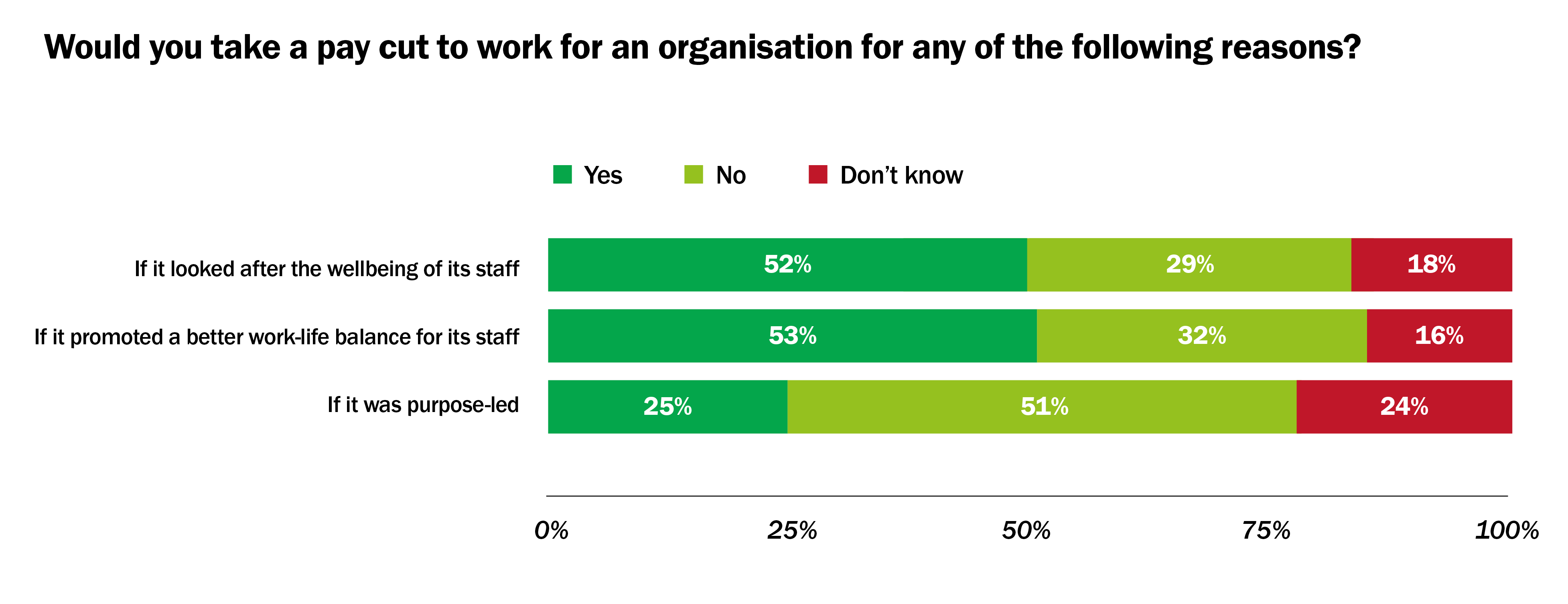
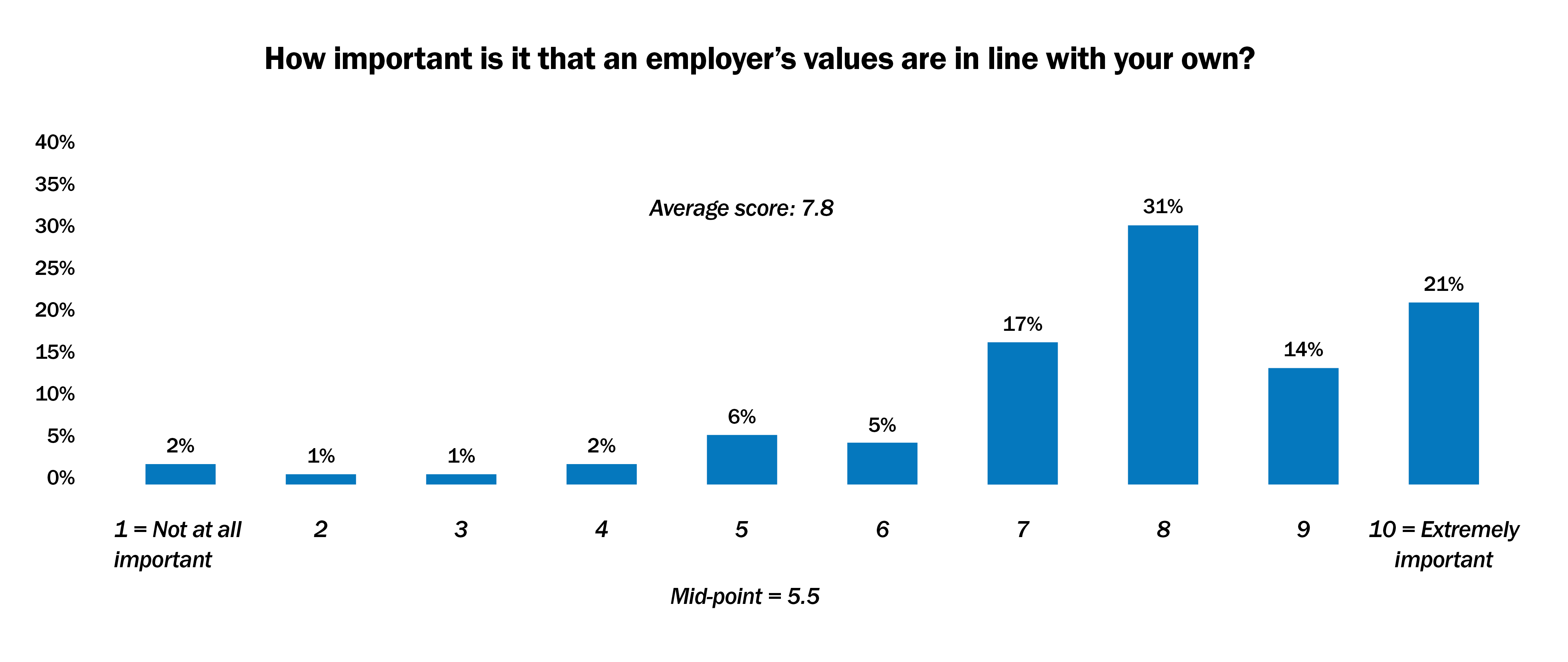
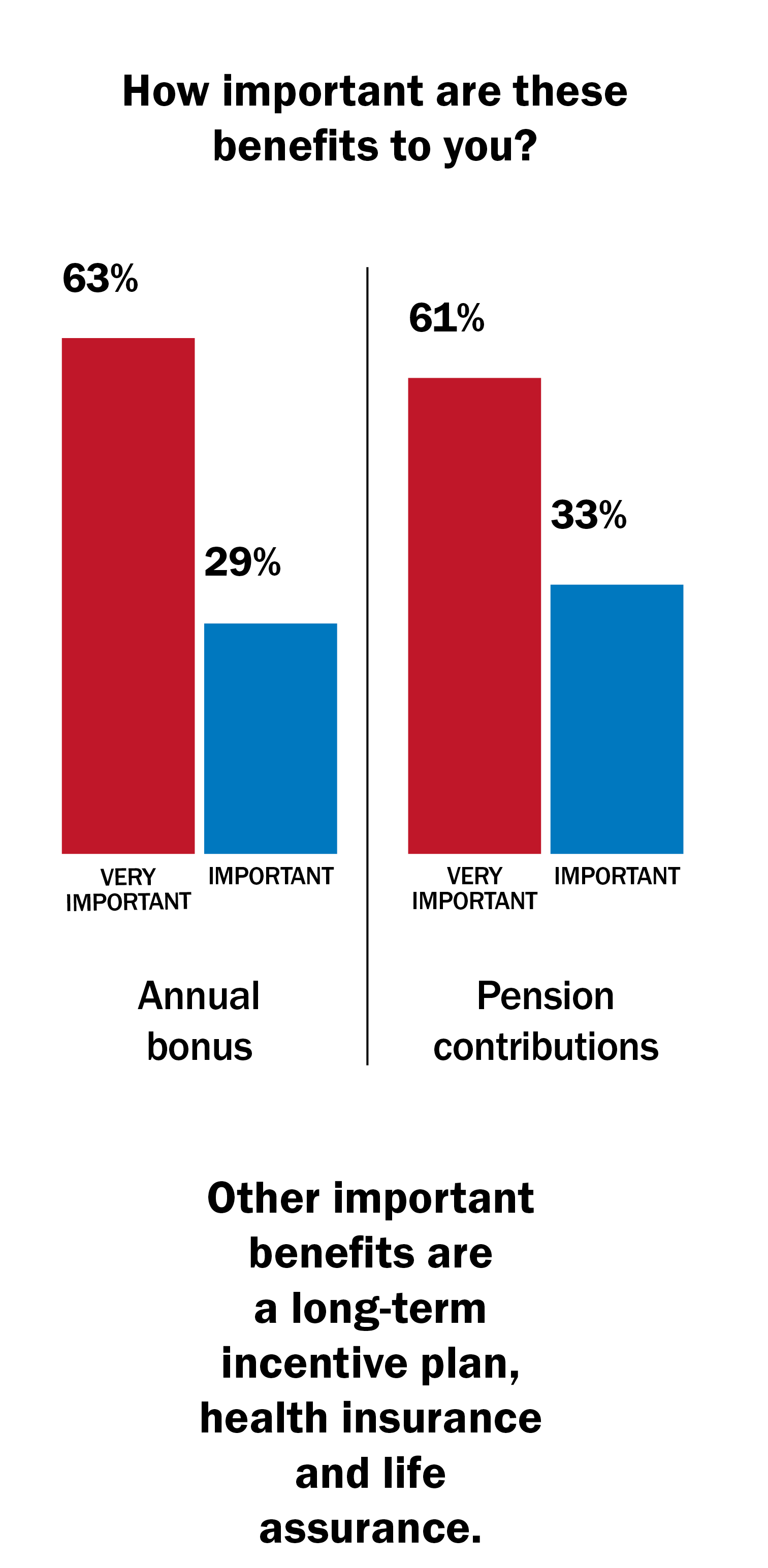 | 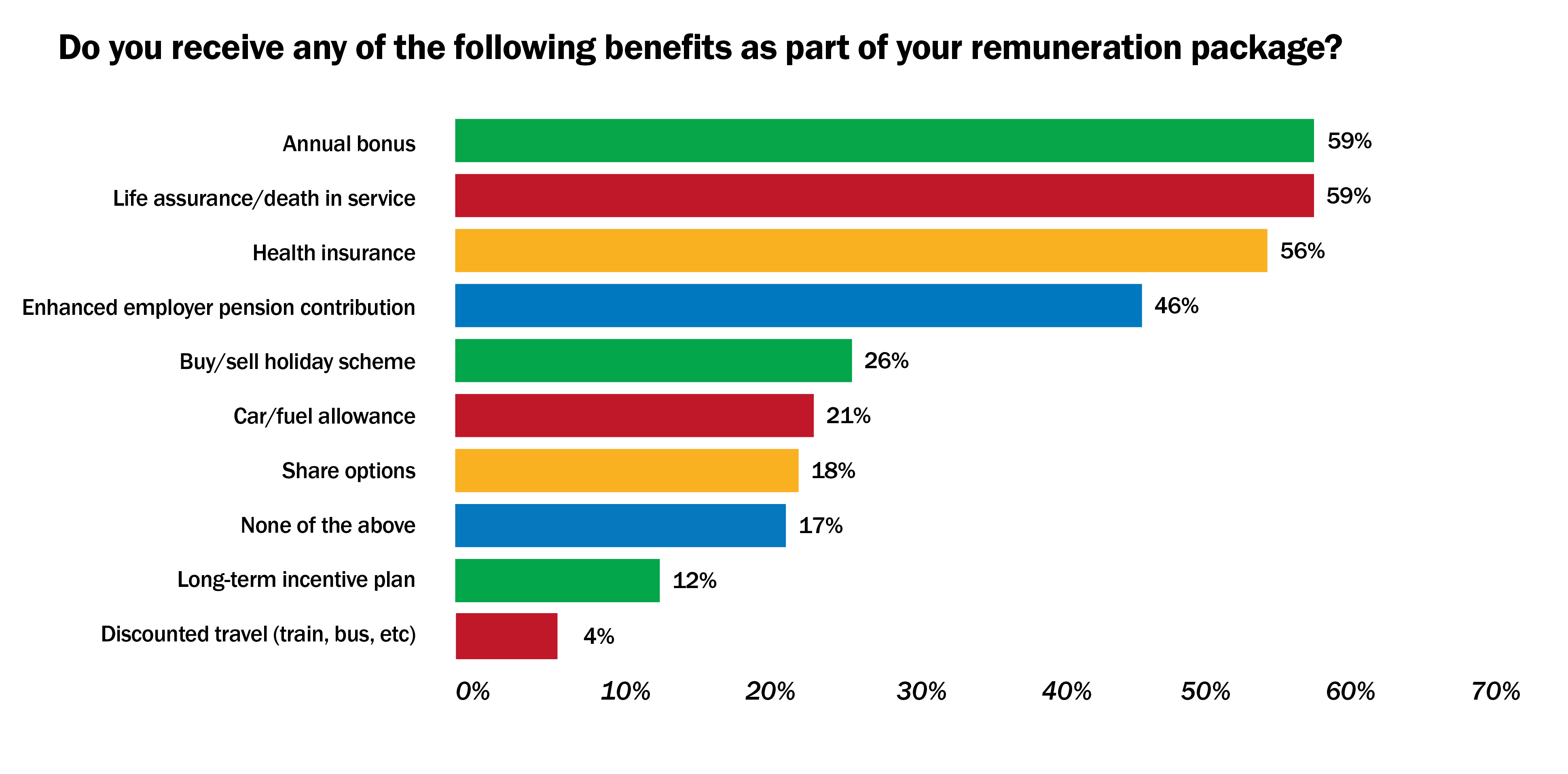 |
|---|
Moving the dial
Mark Lewis, MD at Rutherford Cross, comments on the results:
At Rutherford Cross, we anticipated the results of the ICAS Careers Survey would likely demonstrate a sizeable shift in member views and expectations. But even we were surprised by quite how far the dial has moved post-pandemic.
The overriding message from members is that work-life balance, being employed by an organisation with shared values and feeling fulfilled in what they are able to achieve in their careers, far outweighs the desire to hold a role of significant seniority or status.
What is more startling is that nearly 40% of the responses are from members earning over £100k, perhaps demonstrating that those who have attained senior positions no longer place remuneration and status above their overall happiness. This theme is played out further in the survey where it is clear many members still feel the pressures of long hours and being unable to switch off over weekends and holidays.
On a more positive note, with 88% of those responding being satisfied or very satisfied in their careers, and 85% enjoying some level of flexibility of work between home and office, it appears that the majority of members have fared well in recent years. In addition, nearly 70% of members feel appropriately remunerated for the work they do, albeit 50% do not believe their remuneration is moving in line with inflation.
There are some conflicting messages too. For instance, developing skills in leading and managing others is a priority for many members, though the expectation is that it will be less important to CAs in the next five years, suggesting some may look to work more independently. Similarly, EDI scores highly as an important area of focus for members in future, but relatively few want to develop their skills in that area.
Overall, the results are encouraging, especially given the turmoil and uncertainty created by the pandemic three years ago. Undoubtedly, attitudes and expectations have changed for good, and the survey provides a valuable data-set for any employer keen to attract and retain the best CAs in the market. At Rutherford Cross, we very much look forward to seeing how these trends further develop in the years to come as the new ways of working start to become the norm.

 By CA magazine
By CA magazine